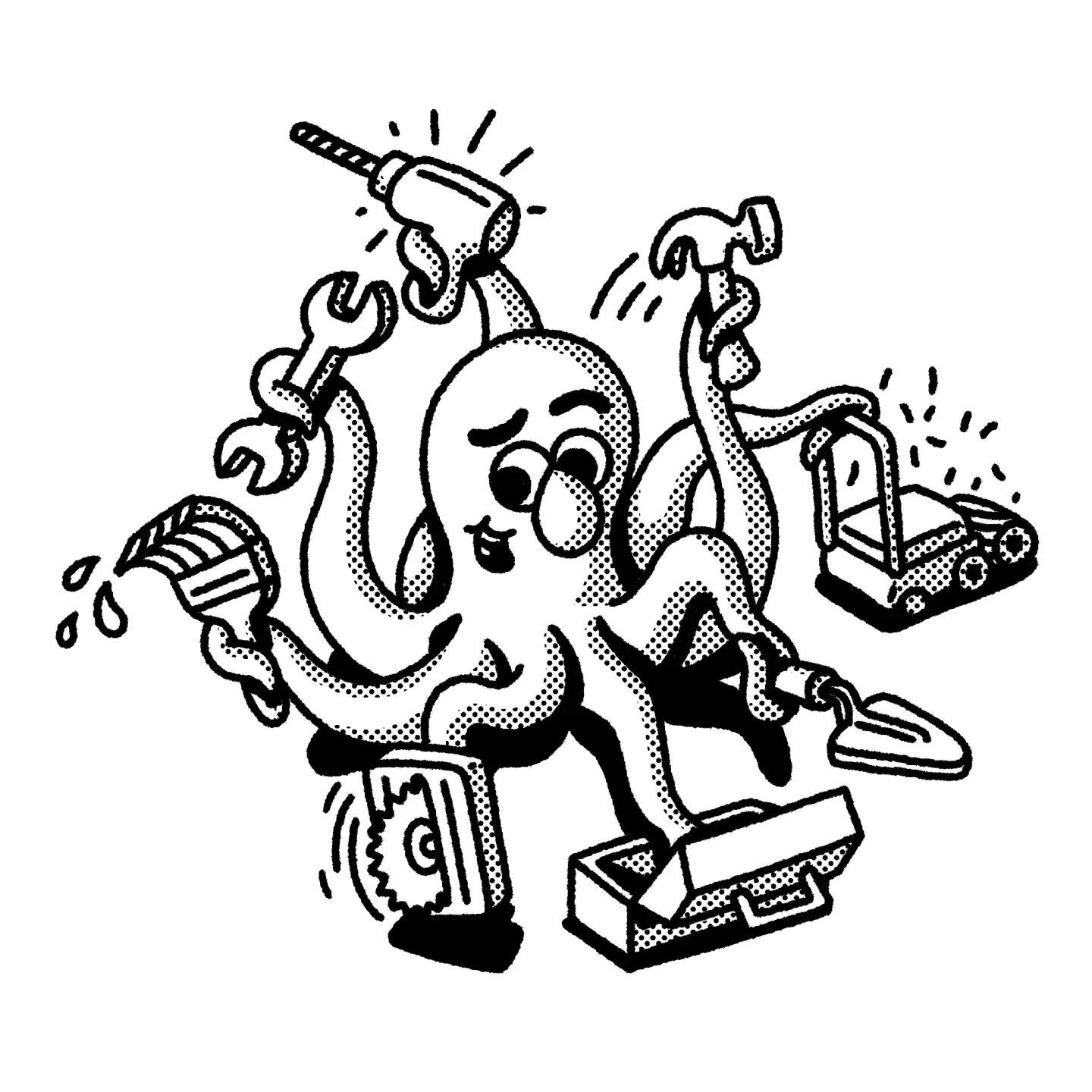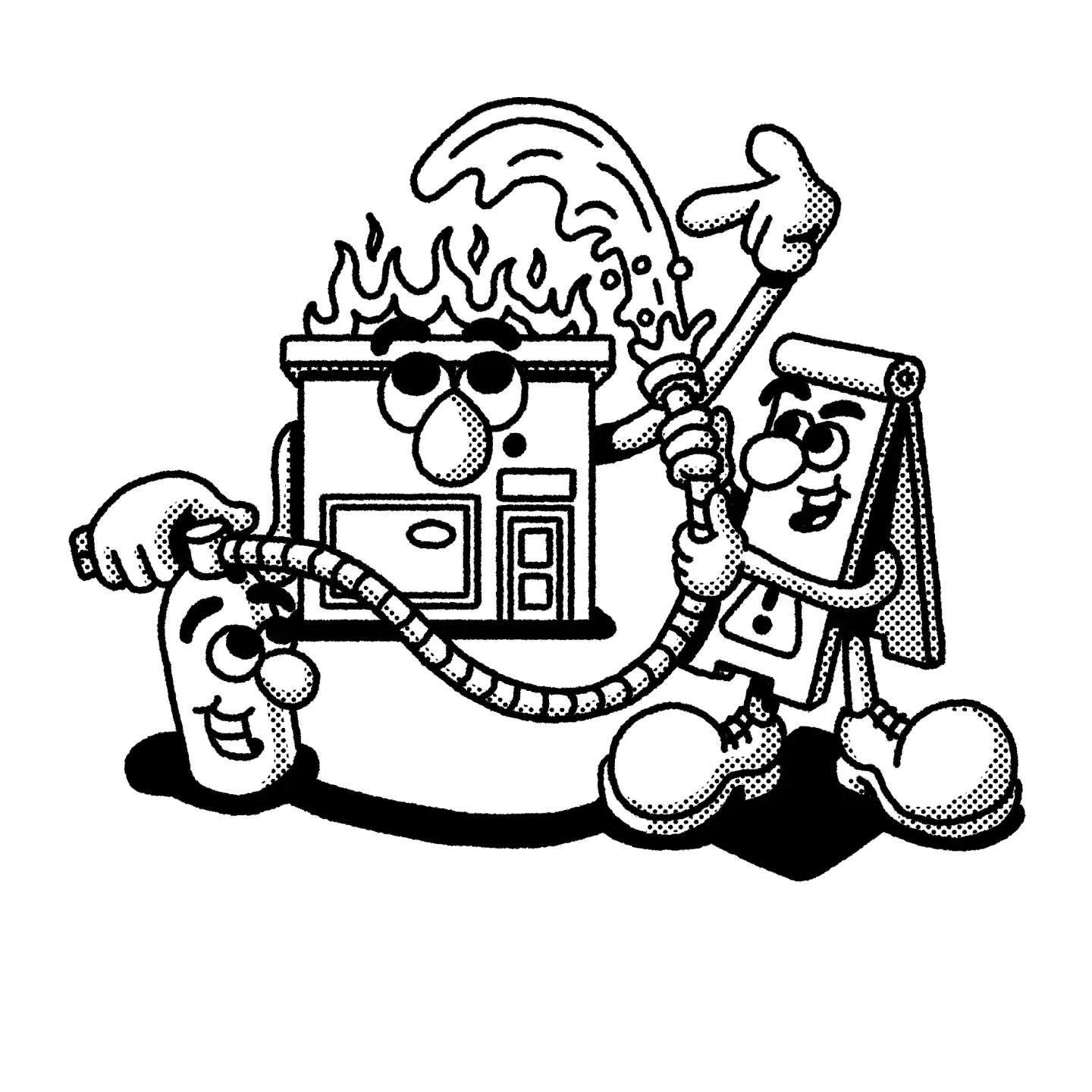Why is underwriting needed?
Underwriting exists so insurers can stay in business and continue providing insurance to customers at a fair price.
An insurer needs to take in more money from premiums than they pay out in claims to keep the lights on. By carefully evaluating, choosing, and properly pricing customers, underwriting allows insurers to do just this.
While they might not be aware of it, small businesses and self-employed individuals will go through the process of underwriting whenever they apply for general liability, commercial property, workers’ compensation, or any other form of business insurance.
Underwriting is done by underwriters who are experts at risk assessment. Underwriters are insurance company employees or, increasingly, sophisticated computer programs that evaluate applications and accept, deny, or offer alternative coverage to businesses seeking insurance.
NEXT uses our own database and AI-driven technology for underwriting. (That’s why you can get an instant quote or a basic cost estimate via our calculators all online.)
How underwriting works
Underwriting is a complex process that considers nearly every aspect of a business to determine its financial risk level, whether to offer coverage and at what price.
A few of the factors that can impact the underwriting process for any type of business applying for insurance are:
- Industry
- Age of business
- Company size
- Sales volume
- Credit score and credit history
- Prior insurance claims
If you’re looking into commercial property insurance, an underwriter may also look into:
- Location
- Condition of your property
- Security systems
- Fire/health/other inspection reports
Of course, a commercial auto underwriter will need to evaluate:
- Number of vehicles
- Condition and age of vehicles
- Number of drivers
- How vehicles are used
These broad examples only scratch the surface of what information an underwriter uses to evaluate a business’s risk during the underwriting process.
Once an underwriter has all the data they need, they can decide whether to offer your business insurance or not.
If everything looks good, the underwriter will offer you a policy with the coverage you requested at the price you expected. If things don’t line up during the underwriting process, the underwriter can choose to deny you coverage or offer alternative coverage.
Alternative coverage may be as simple as offering a lower tier of insurance. Or it could involve adding an endorsement (also known as a rider) to the policy lowering the risk the insurer will face, like limiting the types of claims you can make.
Underwriter vs. agent vs. broker
You might be thinking, “If an underwriter determines whether or not I get coverage, then what does an insurance agent or broker do?”
Simply put, agents or brokers sell insurance policies while underwriters determine who can get coverage.
But more than just selling insurance, agents or brokers can help you understand the types of insurance you might qualify for or educate you about the insurance you have. They can help with forms or questions.
In fact, an agent or broker can actually advocate for you by negotiating with an underwriter to convince them that the risk you present is a good one if you’re initially denied coverage.
Underwriting underpins every type of business insurance and the insurance industry, but you’ll probably never meet an underwriter as a customer. Agents and brokers, however, are there to work with you and help you get the coverage you need.
Get covered with NEXT
Underwriting is a crazy complex process, but buying insurance shouldn’t be.
NEXT makes it super easy with coverage tailored for over 1,300 small business professions, so you get the coverage you need at an affordable price.
You can start a quote, customize your options and access your certificate of insurance online immediately — in about 10 minutes.










